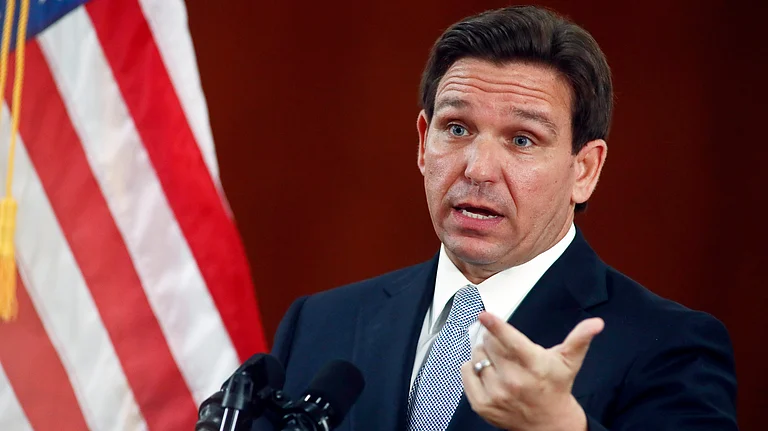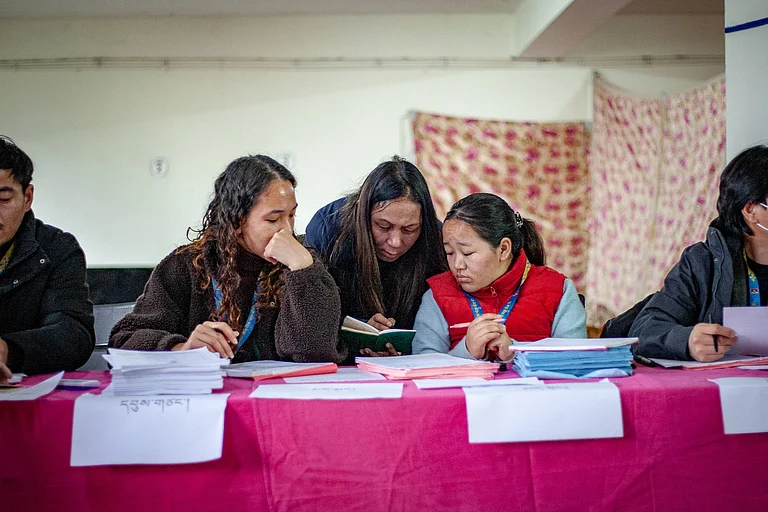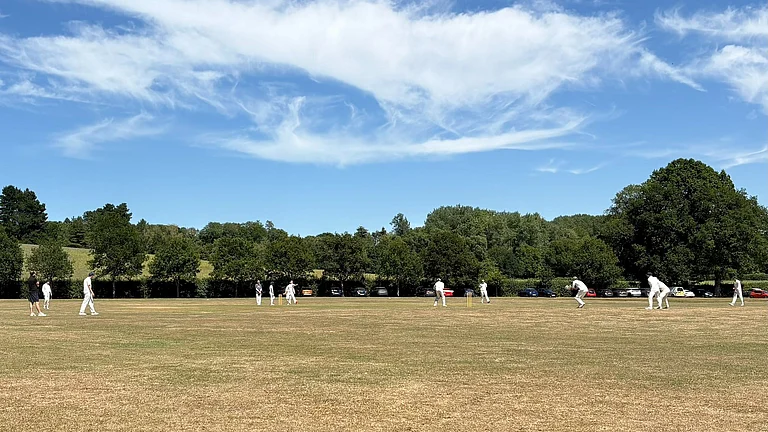The Supreme Court will consider Monday whether banning homeless people from sleeping outside when shelter space is lacking amounts to cruel and unusual punishment.
The case is considered the most significant to come before the high court in decades on homelessness, which is reaching record levels in the United States.
In California and other Western states, courts have ruled that it's unconstitutional to fine and arrest people sleeping in homeless encampments if shelter space is lacking.
A cross-section of Democratic and Republican officials contend that makes it difficult for them to manage encampments, which can have dangerous and unsanitary living conditions.
But hundreds of advocacy groups argue that allowing cities to punish people who need a place to sleep will criminalise homelessness and ultimately make the crisis worse.
The Justice Department has also weighed in. They argue people shouldn't be punished just for sleeping outside, but only if there's a determination they truly have nowhere else to go.
The case comes from the rural Oregon town of Grants Pass, which started fining people USD 295 for sleeping outside to manage homeless encampments that sprung up in the city's public parks as the cost of housing escalated.
The measure was largely struck down by the San Francisco-based 9th Circuit Court of Appeals, which also found in 2018 that such bans violated the 8th Amendment by punishing people for something they don't have control over.
The case comes after homelessness in the United States grew a dramatic 12 per cent, to its highest reported level as soaring rents and a decline in coronavirus pandemic assistance combined to put housing out of reach for more Americans, according to federal data.


























